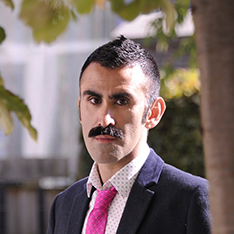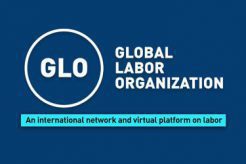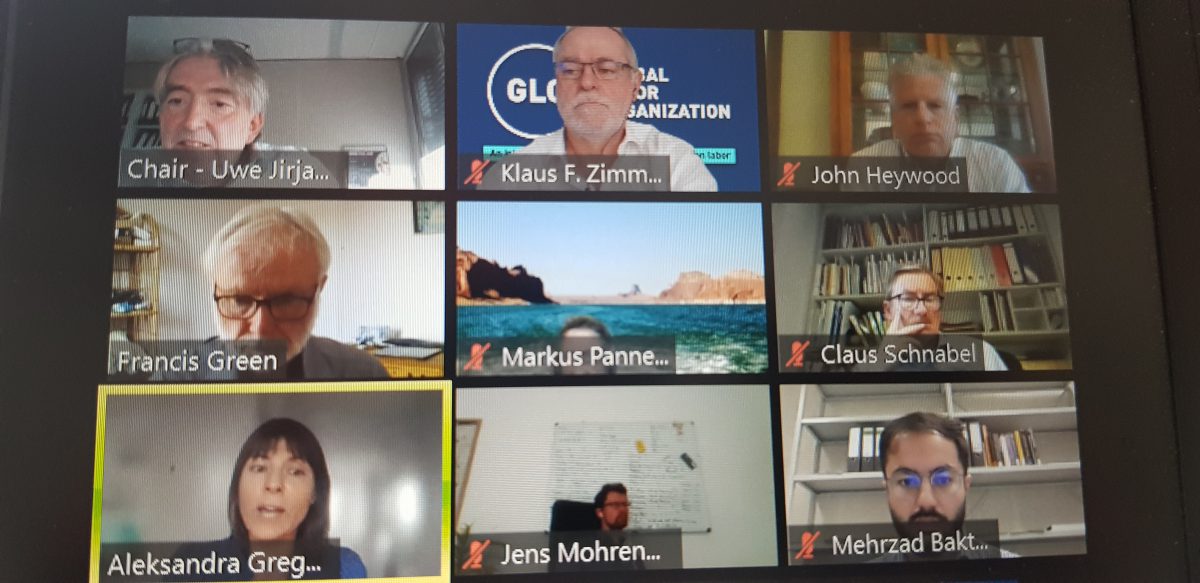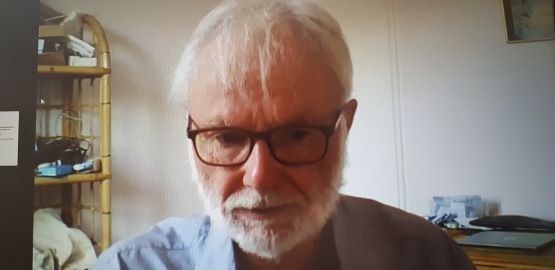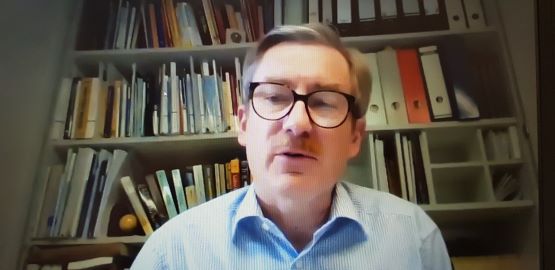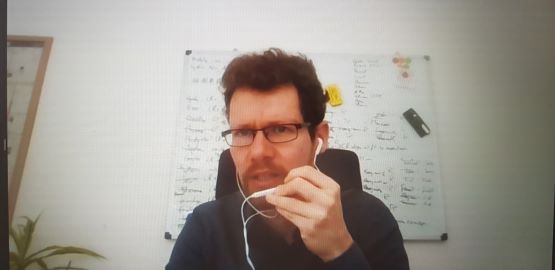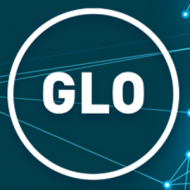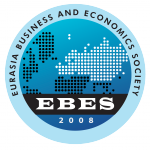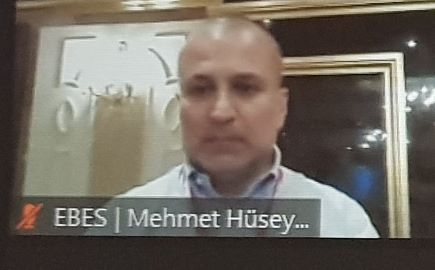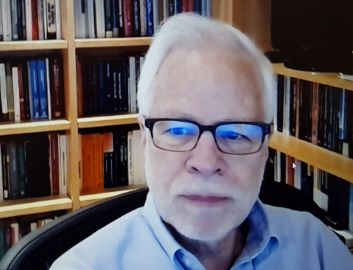A new paper published ONLINE FIRST freely accessible in the Journal of Population Economics finds that changes in legislation across time and between US states during the early twentieth century make parents chose to have fewer children in response to the constraints imposed.
The effect of compulsory schooling laws and child labor restrictions on fertility: evidence from the early twentieth century
by Yannay Shanan
Published ONLINE FIRST 2021: Journal of Population Economics
FREE READLINK: https://rdcu.be/cn2UZ


Author Abstract: This paper uses census data to examine the impact of child labor restrictions imposed by compulsory schooling laws and child labor regulation on fertility. By exploiting variation induced by changes in legislation across time and between US states during the early twentieth century, I show that parents chose to have fewer children in response to the constraints imposed on the labor supply of their potential children and the increase in their expected quality. My findings suggest that compulsory schooling laws and child labor regulation contributed to the demographic transition in the US and provide additional empirical support for the notion that financial incentives play a role in determining household fertility decisions.
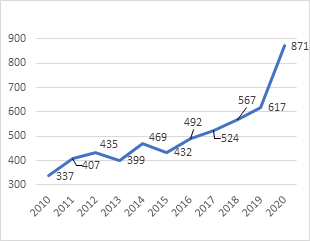
EiC Report 2020
SSCI IMPACT FACTOR 2.813 (2020) from 1.840 (2019) & 1.253 (2018)
SSCI 5-Year Impact Factor 3.318 (2020) from 2.353 (2019) & 2.072 (2018)
Journal of Population Economics
Access to the recently published Volume 34, Issue 3, July 2021.
LEAD ARTICLE OF ISSUE 3, 2021:
The safest time to fly: pandemic response in the era of Fox News
by Maxim Ananyev, Michael Poyker and Yuan Tian
OPEN ACCESS: Free Readlink – Download PDF
The Global Labor Organization (GLO) is an independent, non-partisan and non-governmental organization that functions as an international network and virtual platform to stimulate global research, debate and collaboration.
Ends;



